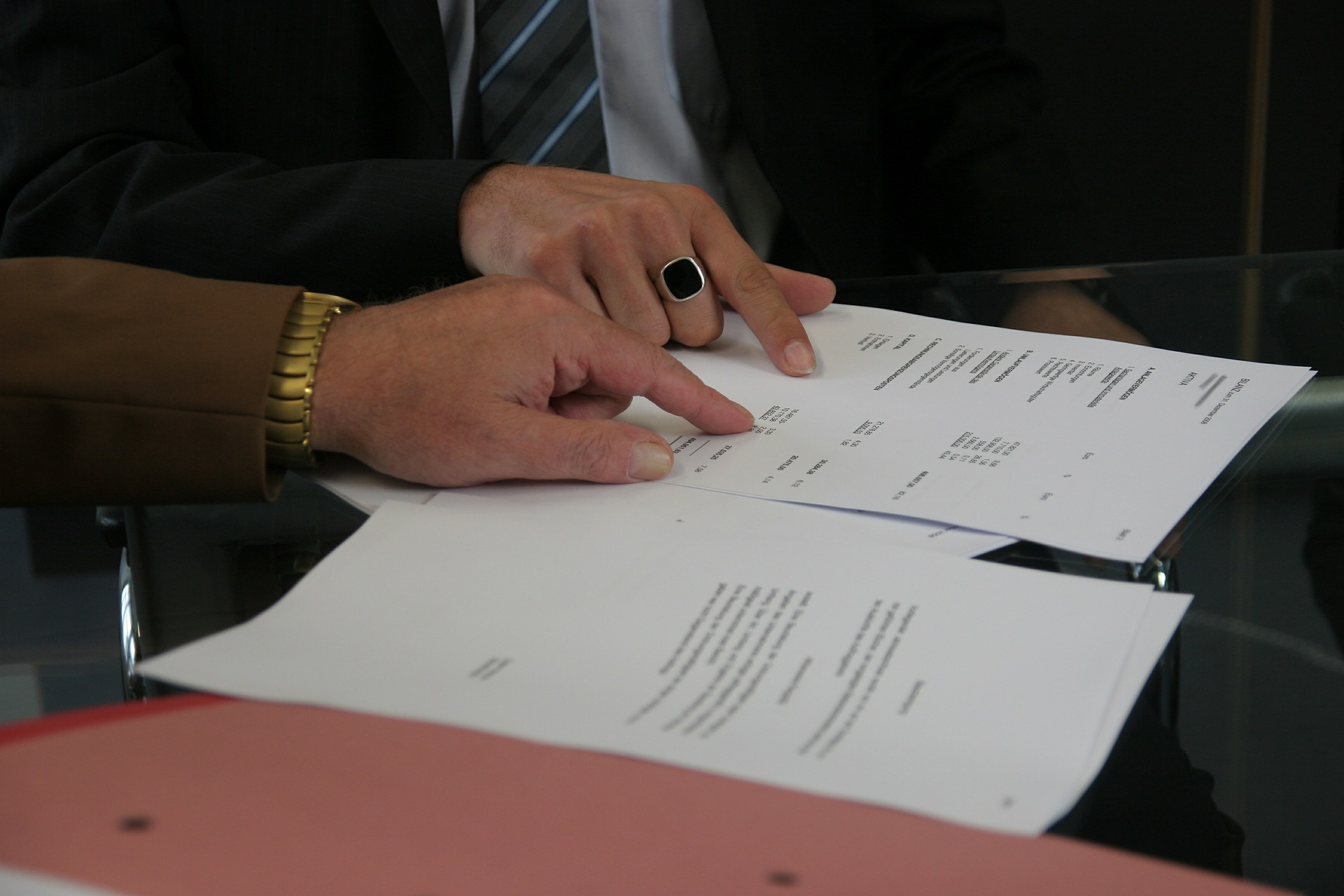If you are interested in how homeowners insurance claims work, we will fill you in. In case you are wondering, here you can check out what homeowners insurance covers.
First, let’s see what insurance claims are? Simply put, an insurance claim is a formal request for compensation when a policy event occurs. In that case, an insured person can file the insurance claim, or in some cases, a third party on their behalf.
What to do first?
When an unpleased, covered by the policy event occurs, here is what you should do first:
1. Call 911 and try to stop further damage
Normally, when you experience an emergency, the first thing is not to call your insurance company, but 911. Depending on the emergency, call the police, the medical personnel, the fire department, or anyone else to help you with the emergency.
If it is safe for you to act, you should always try to stop further damage, as much as you can. It can be shutting the main water valve if you experience water damage, using the fire extinguisher for a small fire, etc.
2. Don’t admit fault to the insurance company at the scene
When the event occurs, if they are at fault or they think they are, people often claim that particular damage is their fault. Even if it is clearly obvious it is your fault, don’t admit it. You should leave that to your insurance company to evaluate whose fault it was.
3. File the claim
Call your insurance representative as soon as possible. You don’t have to do it while the event happens, but you should do it in a reasonable period of time. Usually, the next day, or within 24 hours.
You might not get all the answers when you call the first time. This is just a phone call to get things started. But, you should ask for the claim number, information about an adjuster, and when you can expect to hear from them.
In case you don’t know what an adjuster is, it is a person who will investigate the circumstances of your case. They determine if the event is covered by your insurance policy, and explain to you what are the next steps in the process.
4. Provide as much information as possible
You should provide information about damage and circumstances, take photographs of the scene. If there were people involved, take their information.

The claim process
1. Insurance determines if there is coverage
The aforementioned insurance adjuster will probably visit your house, take photos and collect other necessary information. Then, the adjuster makes a report about what happened, how and why it happened exactly.
It means that report will define what is the cause of loss. So, when your insurance company compares the cause of loss to your policy, they determine if there is coverage or not. Next, the adjuster determines whether the loss is covered, or parts of it are covered or that the loss is not covered at all.
2. Insurance pays you
In insurance, there is something called “make you whole” meaning to go back to the state before the bad thing happened. This means that your insurance company will try to pay you to make you whole if the loss is covered by your policy.
The insurance company’s job is to identify the damage and pay you to fix that damage. This is when it becomes very important if your policy contains a replacement cost or actual cash value (ACV) clause. The only difference is the depreciation of property.
Replacement cost means that the insurance company pays you the exact amount it takes to replace something. On the other hand, ACV means that the insurance company depreciates the age of the thing. Meaning that you will get less money than what it costs to replace the thing. Therefore, replacement cost is a better option. This is something to keep an eye on when buying the policy.
What else you should be aware of?
The initial payment is not final, it is just the first part of the whole amount. Even if your policy contains the replacement cost clause, you will get the actual cash value amount.
Once you fix the majority of the damage, they will give you the rest. The reason for this is that insurance companies are trying to avoid people taking all the money and spending it on something else rather than on fixing the damage.
Hiring the contractor for fixing the damage is up to you, not the insurance company. They just pay for it. Generally, the company may advise you where and how to get the best contractors, but they don’t get involved in the process.









